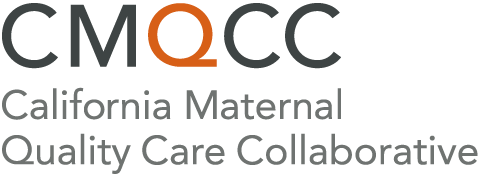Severe maternal morbidity (SMM) was developed by the CDC to measure potentially life-threatening complications of pregnancy and childbirth. SMM is nearly 100 times more common than maternal death and has also been on the rise nationally. Because it is so much more common than maternal death and can be measured in any administrative dataset, SMM is a promising measure for providing insights about obstetric outcomes and improvement opportunities. However, comparing SMM rates between groups of patients, such as from different hospitals, is challenging because of differences in their underlying health status – referred to as comorbidities. To help overcome this issue, researchers from CMQCC, Stanford University, and the University of California, Berkeley developed and validated an obstetric comorbidity scoring system for predicting SMM and non-transfusion SMM; non-transfusion SMM includes SMM cases in which blood transfusion was not the sole indicator of a severe complication (approximately half of all SMM cases), and is now commonly reported along with SMM by the CDC and others.
View the Obstetric Comorbidity Scoring System
Publications
Further details on this project are provided here:
Leonard SA, Kennedy CJ, Carmichael SL, Lyell DJ, Main EK. "An Expanded Obstetric Comorbidity Scoring System for Predicting Severe Maternal Morbidity." Obstet Gynecol. 2020 Sep;136(3):440-449.
Leonard SA, Main EK, Lyell DJ, Carmichael SL, Kennedy CJ, Johnson C, Mujahid MS. "Obstetric Comorbidity Scores and Disparities in Severe Maternal Morbidity Across Marginalized Groups." Am J Obstet Gynecol MFM. 2022 Mar;4(2):100530.
Additional Reference Publications
- Getting Risk Prediction Right, Obstetrics & Gynecology
- Identifying Severe Maternal Morbidity, CDC
